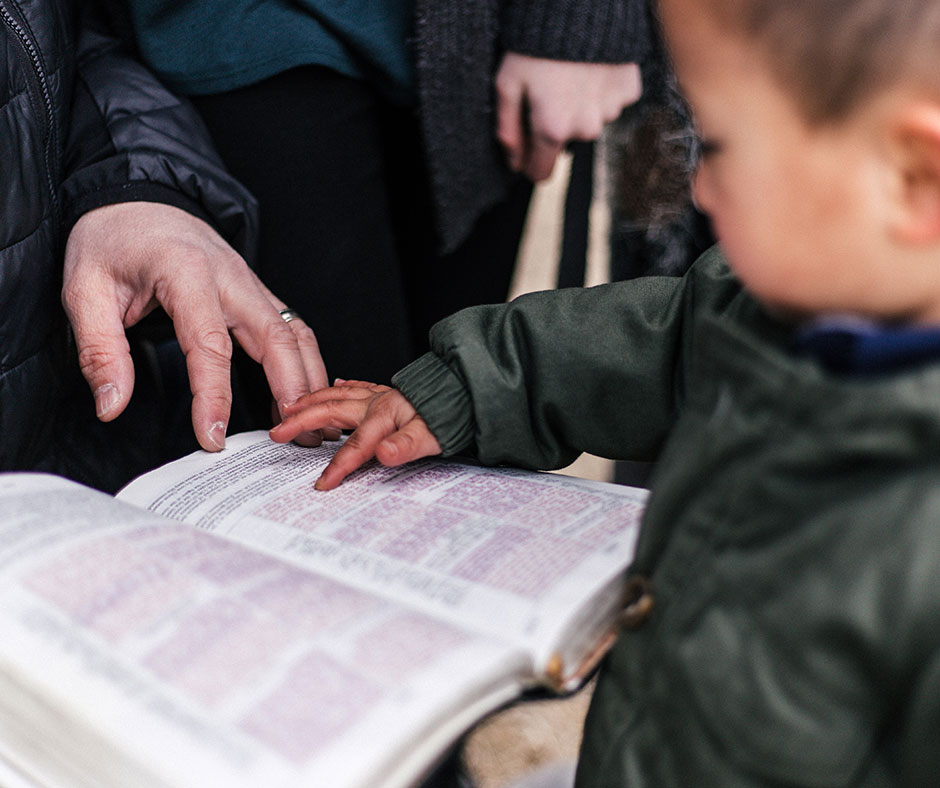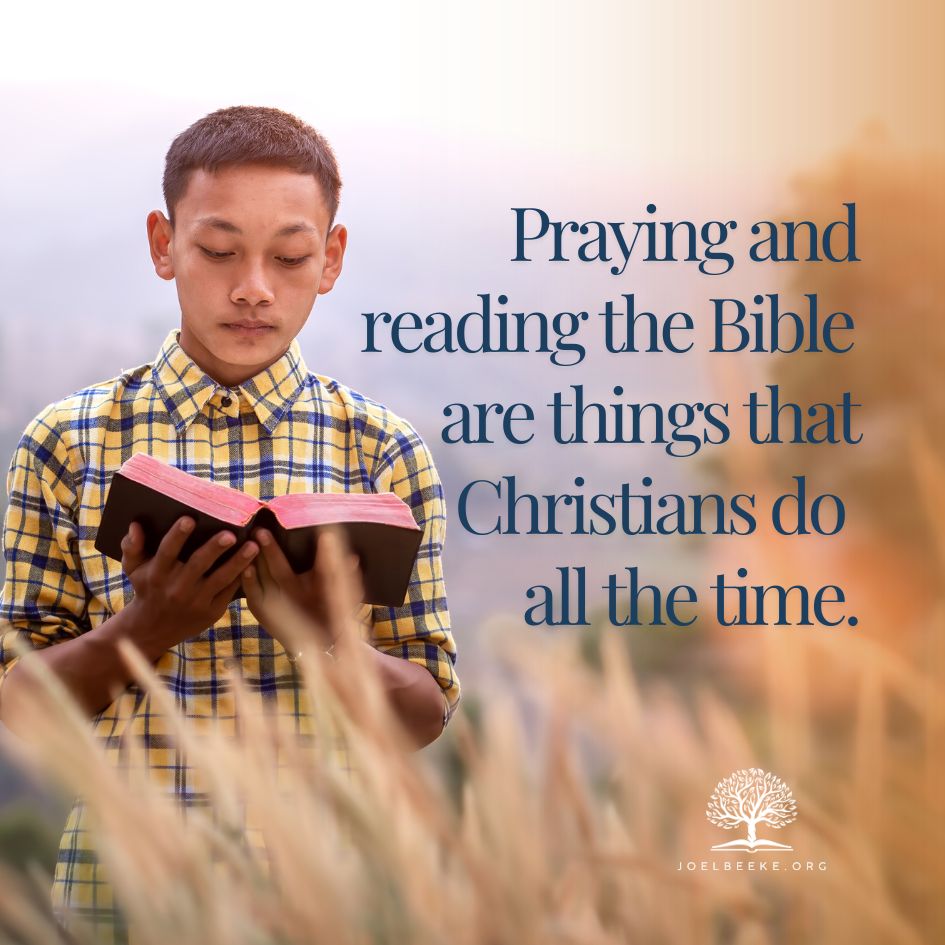For years we care for our children like birds care for their nestlings. We shield them from danger, bring them good things to eat, and attend to all their needs. Every father and mother, however, will face the day when their precious children leave the nest and fly on their own. They will no longer abide under our wings and will follow their own beliefs and desires. The whole world will lie before them, and they will make countless choices about work, marriage, children, church, politics, and personal life. While you hope that you will still have a voice in their lives as a trusted counselor and friend, you will never return to the days when you picked up your baby and put him in the pack and play to keep him safe. You will stand at the door and watch him drive away to live his own life.
Therefore, nothing is more essential to the task of bringing children up “in the nurture and admonition of the Lord” (Eph. 6:4) than instilling strong convictions in them. Christian parents should strive to provide each child with an internal biblical compass that will guide him or her through life. Of course, we must recognize our limitations. Our children are not robots that we can program to follow our every directive. Nor should we try to take the place of God, who alone can give our children new hearts and put His Spirit within them so that they willingly do what He commands. Fathers and mothers, however, have a unique opportunity to cultivate in their children the basic convictions by which to navigate their way through life’s opportunities and perils. We cannot save them or work faith in them, but we can plant seeds of Bible truth in their hearts and minds that, by God’s grace, may bear fruit when they grow to maturity.
The book of Proverbs provides much instruction on how to raise children. Proverbs 23:12 says, “Apply thine heart unto instruction, and thine ears to the words of knowledge.” Note that first, Solomon addresses the parents who would teach their children. They must be instructed themselves, seeking “the wisdom that is from above” (James 3:17) and heeding the “words of knowledge” found in God’s Word. Note also that from this verse to the end of the chapter, the word “heart” appears no less than seven times. For example, in verse 19 a parent exhorts his child to “hear thou, my son, and be wise, and guide thine heart in the way.” Giving heed to parental instruction from the Word of God will make the child “wise unto salvation” (2 Tim. 3:15), enabling him to guide his heart in the way “which leadeth unto life” (Matt. 7:14). Out of the heart flow “the issues of life” (Prov. 4:23).
Tedd Tripp writes:
“This understanding does marvelous things for discipline. It makes the heart the issue, not just the behavior. It focuses correction on deeper things than changed behavior. The point of confrontation is what is occurring in the heart. Your concern is to unmask your child’s sin, helping him to understand how it reflects a heart that has strayed. That leads to the cross of Christ. It underscores the need for a Savior. It provides opportunities to show the glories of God, who sent His Son to change hearts and free people enslaved to sin.” [Tedd Tripp, Shepherding a Child’s Heart (Wapwallopen, Pa.: Shepherd Press, 1995), 6.]
The last thing godly parents should want for their children is that they should become little Pharisees, clean on the outside but rotten and dead within. It is important to stress not just their outward behavior but also their consciences, minds, and hearts. We must aim to train the inmost being of our children by informing their minds and shaping their consciences so that if God’s Spirit blesses our children with saving grace, they will live by faith in the Son of God and walk in faithful obedience to God’s commands. When our children are little, we may simply tell them what to do. Very early, however, we must also combine enforcement of rules with instruction, and instruction with questions, and questions with conversation. We must see to it that they know what to do, how to do it, and why it matters.
Excerpt From
How Do We Plant Godly Convictions in Our Children?
Joel R. Beeke








